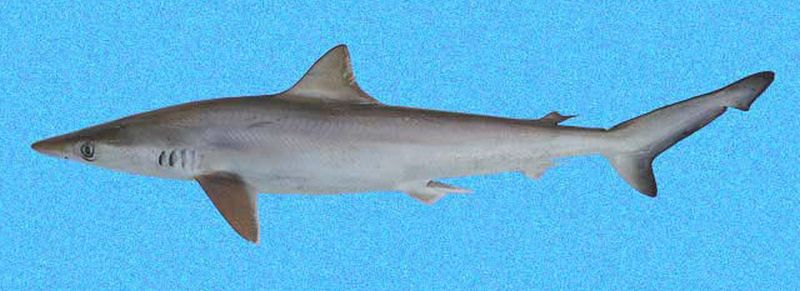
Graphic: D Ross Robertson
Have you heard of cocaine bear? Well, meet cocaine sharks. Sharks living off the coast of Brazil have tested positive for cocaine, according to new research, the first time that the drug has been detected in free-ranging sharks.
Scientists tested 13 Brazilian sharpnose sharks in the waters off the city of Rio de Janeiro and found cocaine present in both the liver and muscle tissue of all 13 specimens, according to a paper by researchers at the Oswaldo Cruz Foundation in Brazil sent to CNN on Tuesday.
The species was chosen due to its small size and the fact that it lives in a small area of coastal waters, where it is exposed to significant contaminant discharges for its entire life cycle, according to the study.
Cocaine levels were around three times higher in muscle tissue than liver tissue, according to the study, while female sharks had higher cocaine concentrations in muscle tissue compared to males.
Cocaine pollutes the sea due to sewage discharges from humans who use the drug, as well as the illegal laboratories that produce it, study co-author Enrico Mendes Saggioro, an ecotoxicologist at the foundation, told CNN on Tuesday.
Cocaine consumption has risen massively around the world in recent decades, according to the study.
The paper added that around 22% of users live in South America, with Brazil the second largest consumer market in the region. Increased consumption and poor sewage treatment infrastructure have made for increased cocaine levels in the sea, say researchers.
Previous research suggested that cocaine dumped at sea by traffickers could be responsible for the contamination, but that is not the case here, said Mendes Saggioro.
The BBC reports that last year, chemical compounds including benzoylecgonine, which is produced by the liver after cocaine use, were found in seawater samples collected off the south coast of England.
Cocaine found in all 13 Brazilian sharpnose shark samples
Thanks to Alaric Bond for contributing to this post.
